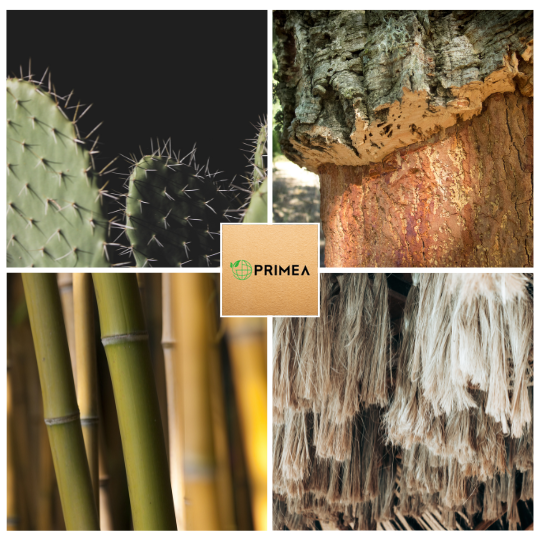Going Clockwise: 1) Cactus Plant *, 2) Cork Tree 3) Pile of Bamboo Stakes ** 4) Hemp Fibres
How Plant-Based Technology is Transforming Manufacturing
KASH SINGH / 30 JULY 2023 / PRIMEA BLOG
Hemp
This plant is the Jack-of-All-Trades. But not exactly a master of none. Hemp is considered a supercrop and has been used for centuries to create textiles, rope, construction materials, and even biofuel.
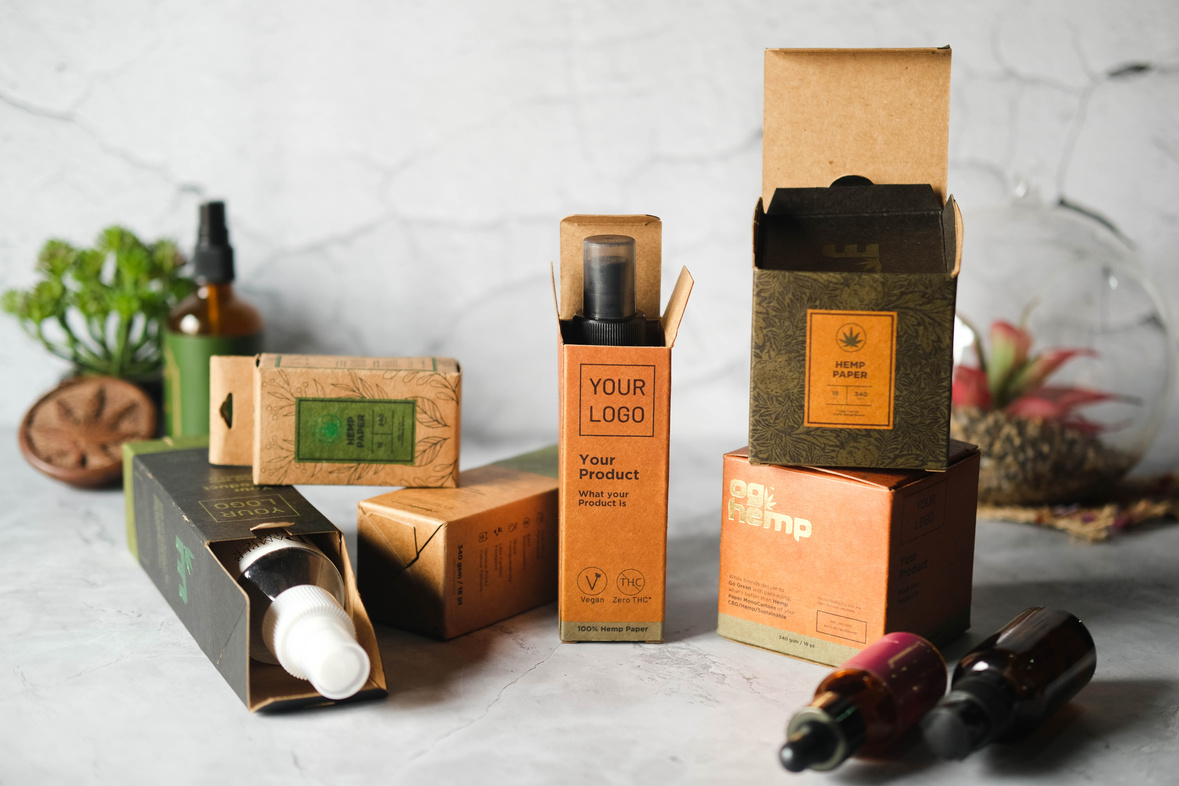

With its rapid growth cycle and minimal need for pesticides, hemp is not only a sustainable choice but also a robust and durable alternative to traditional materials. Imagine clothing made from hemp fibres and buildings constructed with hempcrete – it's like stepping into a green utopia!
Furthermore it has been shown that hemp, sequesters carbon at a better rate than trees and can capture up to 10 tons of CO2 per acre of cultivation. This is significantly higher than most tree species that capture 2 -6 tons.
Mono Cartons made by OG Hemp
Hemp apparel modled for B Label
Cactus
Nature's Prickly Marvel: While cacti might seem more at home in the desert than in manufacturing processes, these resilient plants have a lot to offer.Cactus fibres can be transformed into insulation materials for homes and vehicles. This not only provides excellent thermal insulation but also reduces energy consumption.
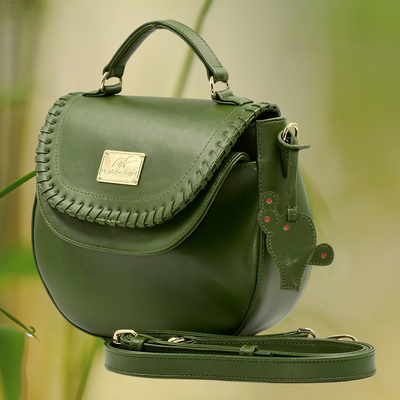
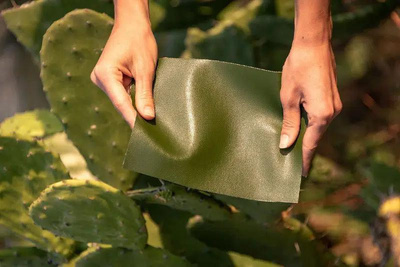
Brands like Mercedes, BMW and Tesla have recently adopted cactus leather for the interiors of certain models of their cars and that trend is growing.
Cactus leather can also be used to make luxury accessories such as wallets or handbags as seen on the left.
Purse made from cactus leather
Strip of cactus leather
Bamboo
The Fast-Growing Wonder: If you're searching for a plant that combines strength with speed, look no further than bamboo. This renewable resource grows at an astonishing rate, maturing within a few years.
Bamboo can be used to create sustainable alternatives to timber, from furniture and flooring to packaging materials. However its popularity as a material for fabrics has grown rapidly dues its soft, sooth silky texture which makes it very comfortable.
Like hemp fabrics it also has other properties like thermal regulation, it’s a hypoallegern and it has anti bacterial properties.
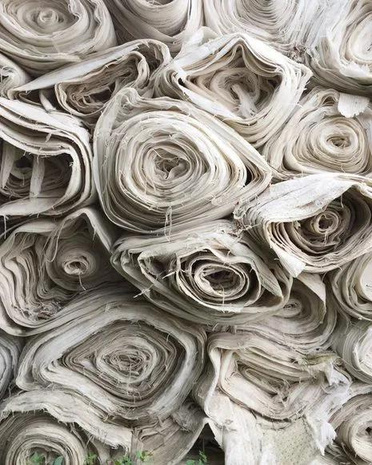

Rolls of raw bamboo textiles
Boody: A leading brand of high quality, eco friendly undergarments.
Cork
Beyond sealing our wine bottles, cork is making headway as a sustainable material for various manufacturing purposes. The bark of cork oak trees can be harvested without harming the tree, allowing for indefinite regrowth.

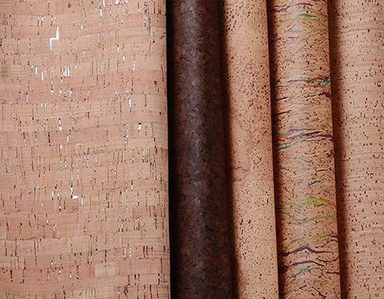
Not only is cork an effective insulator and sound dampener, but it also possesses unique properties that make it perfect for footwear and accessories like wallets and handbags, yoga mats, belts, etc.
Not only is it sustainable but it’s more durable and stays fresher longer than regular leather. To top if off, it’s fully bio-degradable.
Card holders made from premium cork leather by Corkor.
Sheets of cork leather
These examples represent just a fraction of the potential that plant-based technology offers, they highlight the growing trend towards sustainable alternatives in manufacturing.
As consumers become more conscious of their carbon footprint, businesses are seeking innovative ways to meet this demand. By adopting plant-based materials, companies can significantly reduce their environmental impact while creating high-quality, planet-friendly products.
In an ever-evolving marketplace, it's crucial to recognise the importance of embracing plant-based technology. From hemp to cactus, bamboo to cork, these materials offer environmentally friendly alternatives without compromising on quality or functionality.
As plant-based technology continues to evolve, we have a unique opportunity to transform the marketplace and the materials we use for manufacturing.
By harnessing the potential of these plants, we not only reduce our carbon footprint but also pave the way for a greener, more sustainable future. We’ve lived in a world driven by power of plants but it’s now time to embrace the power of plants and transform the world of manufacturing!
Image Credits (From Collage)
All Images provided by Canva.

